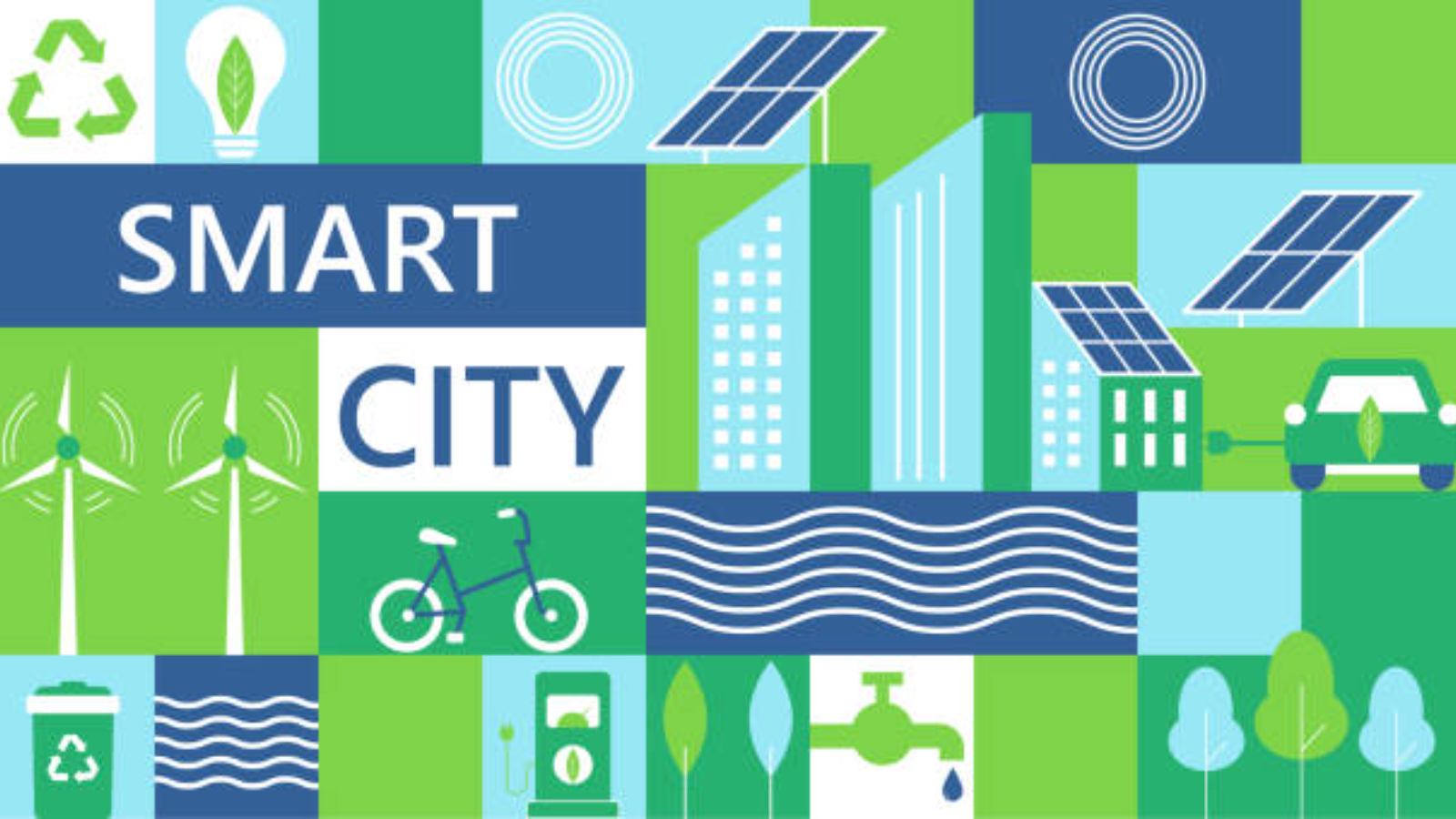In this Article
Introduction
In the rapidly evolving landscape of urban development, the concept of smart cities has emerged as a revolutionary approach to improving the quality of life for urban residents. Smart cities utilize advanced technologies and data analytics to enhance infrastructure, optimize resources, and provide more efficient public services. As urban populations continue to grow, the need for intelligent solutions becomes increasingly critical. This article explores the top 8 smart city use cases that you should know, highlighting how these innovations are transforming urban living.
Smart City Use Cases
Here are the top 8 use cases that define smart cities, integrating advanced technologies to enhance urban living and sustainability.
1. Intelligent Traffic Management
One of the most pressing issues in urban areas is traffic congestion. Smart cities employ intelligent traffic management systems to alleviate this problem. These systems use real-time data from sensors and cameras to monitor traffic flow and adjust traffic signals accordingly.
- Adaptive Traffic Signals: These signals adapt in real-time to changing traffic conditions, reducing wait times and improving traffic flow.
- Traffic Analytics: Data collected from various sources is analyzed to predict traffic patterns and implement long-term improvements.
- Public Transportation Integration: Smart traffic systems integrate with public transportation to provide real-time updates and optimize routes.
2. Smart Waste Management
Efficient waste management is crucial for maintaining a clean and sustainable urban environment. Smart cities leverage technology to streamline waste collection and disposal processes.
- Smart Bins: Equipped with sensors, these bins notify waste management services when they need to be emptied, optimizing collection routes.
- Waste Sorting: Automated systems sort recyclable materials from general waste, reducing the burden on landfills.
- Data-Driven Insights: Data collected from waste management systems helps in planning and implementing more effective waste reduction strategies.
3. Energy Efficiency and Management
Energy consumption in urban areas is a significant concern, both economically and environmentally. Smart cities focus on optimizing energy use through various innovative solutions.
- Smart Grids: These grids use advanced sensors and meters to monitor and manage energy distribution, reducing waste and improving reliability.
- Renewable Energy Integration: Smart cities incorporate renewable energy sources like solar and wind power into their energy mix.
- Energy-Efficient Buildings: Buildings equipped with smart systems to monitor and control energy use contribute to overall energy efficiency.
4. Public Safety and Security
Ensuring the safety and security of residents is a top priority for any city. Smart cities enhance public safety through advanced surveillance and emergency response systems.
- Surveillance Systems: High-definition cameras and facial recognition technology help monitor public areas and deter criminal activities.
- Emergency Response: Integrated systems provide real-time information to emergency services, improving response times and coordination.
- Predictive Policing: Data analytics help law enforcement agencies predict and prevent potential criminal activities.
5. Smart Healthcare
Healthcare is a critical component of urban living. Smart cities utilize technology to provide better healthcare services and improve public health outcomes.
- Telemedicine: Residents can access medical consultations and services remotely, reducing the burden on healthcare facilities.
- Health Monitoring: Wearable devices and sensors monitor health metrics and provide real-time data to healthcare providers.
- Data-Driven Public Health: Analyzing health data helps in identifying trends and implementing preventive measures.
6. Water Management
Efficient water management is essential for sustainable urban living. Smart cities employ various technologies to manage water resources effectively.
- Smart Water Meters: These meters provide real-time data on water usage, helping in detecting leaks and reducing wastage.
- Water Quality Monitoring: Sensors monitor water quality and provide data to ensure safe drinking water.
- Rainwater Harvesting: Smart systems manage rainwater collection and distribution, reducing reliance on traditional water sources.
7. Smart Lighting
Public lighting is a significant energy consumer. Smart cities adopt intelligent lighting systems to optimize energy use and improve public safety.
- Adaptive Lighting: Streetlights equipped with sensors adjust brightness based on the presence of pedestrians or vehicles.
- Energy-Efficient Bulbs: LED and other energy-efficient bulbs reduce energy consumption and maintenance costs.
- Remote Monitoring: Centralized systems monitor and control lighting, ensuring optimal performance and quick issue resolution.
8. Smart Education
Education is a cornerstone of urban development. Smart cities leverage technology to enhance educational experiences and outcomes.
- Digital Classrooms: Interactive and digital tools facilitate better learning experiences.
- E-Learning Platforms: Online platforms provide access to educational resources and courses.
- Data Analytics in Education: Analyzing student data helps in personalizing learning and improving educational outcomes.
Conclusion
The concept of smart cities is transforming urban living by leveraging technology to address various challenges. From intelligent traffic management to smart healthcare, these use cases demonstrate the potential of smart city initiatives to improve the quality of life for urban residents. As cities continue to grow, the adoption of smart solutions will be crucial in ensuring sustainable and efficient urban development.
How Can We Help?
Discover how AlphaX optimizes urban living with advanced technologies. From intelligent traffic management to smart waste solutions and energy efficiency, we enhance public services and promote sustainability. Contact Us to learn more.
References
Related Blog Posts
How Smart Cities Connect: Getting Started with Edge AI and IoT Technology
How to Get Started with Edge AI and IoT Technologies in Smart Cities: Overcoming Integration Challenges In recent years, the concept of smart cities has evolved from a futuristic Read More
5 Step Strategy: Ensuring Security and Privacy in 15-Minute Smart Cities
Introduction Ensuring security and privacy in 15-minute smart cities is a critical challenge as urban areas become increasingly connected through IoT and edge AI technologies. These cities aim to Read More
What is a smart city and the challenge of legacy systems
How to Get Started with Integrating Legacy Systems in Smart Cities Smart cities are transforming urban landscapes by leveraging technology to improve the quality of life for residents. However, Read More




